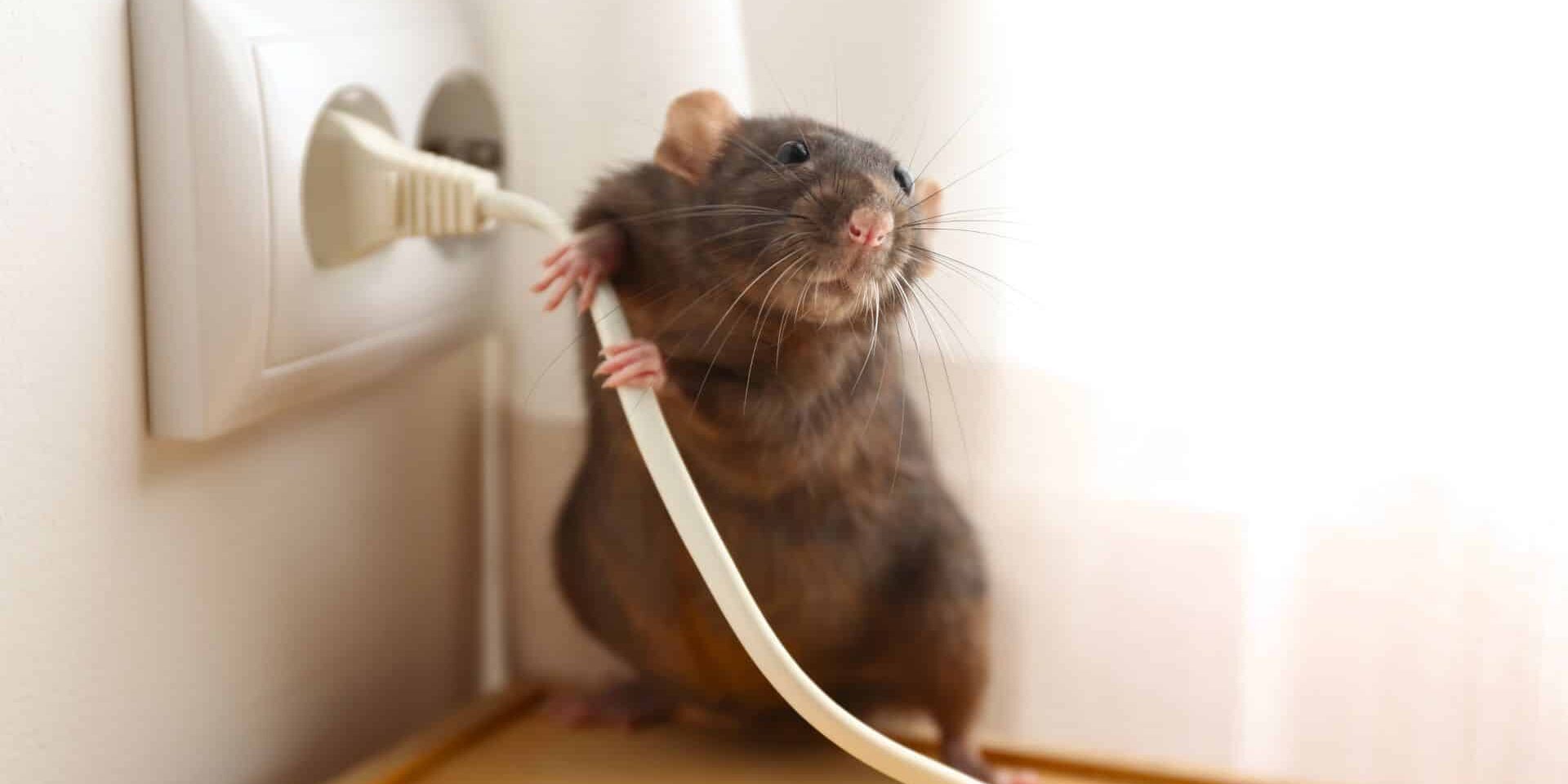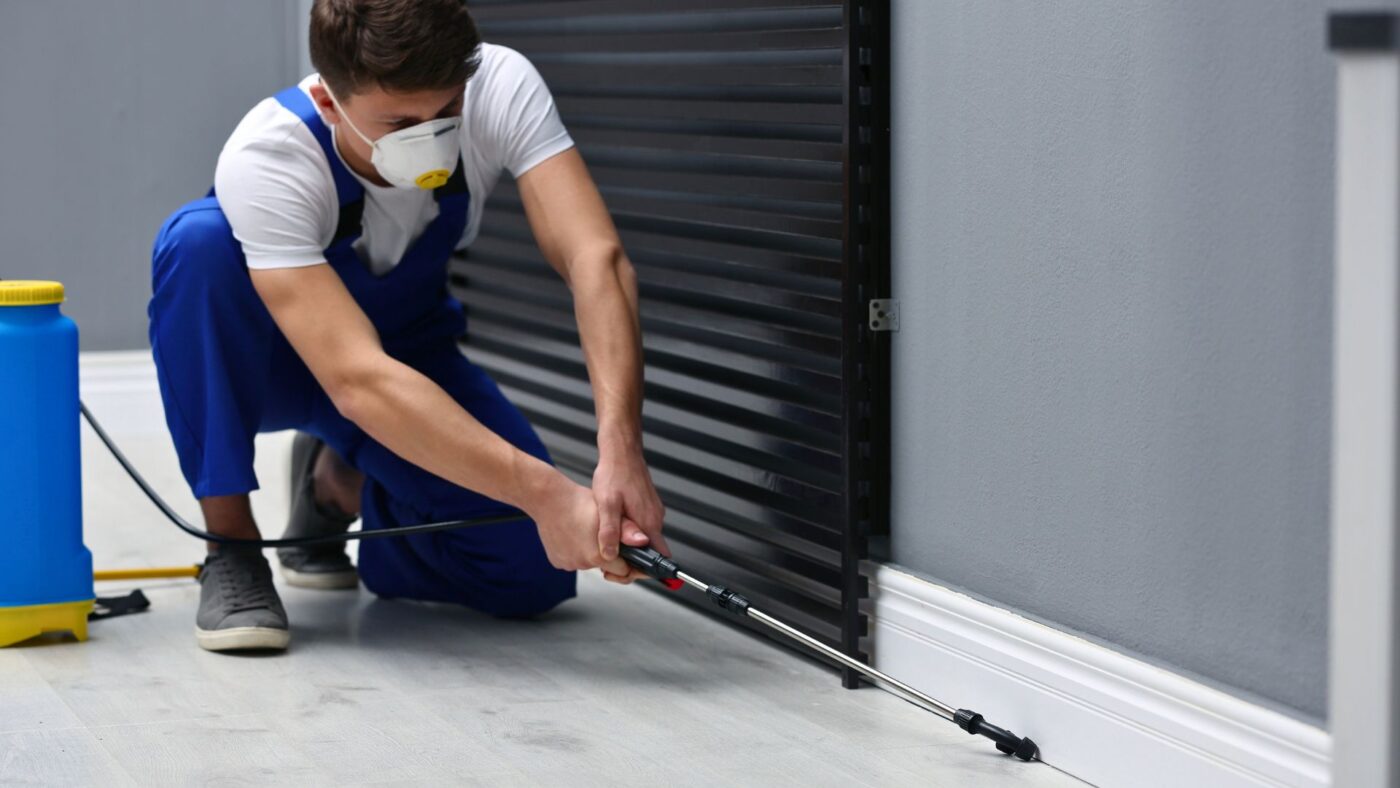Garages often serve as multipurpose spaces, housing everything from vehicles to tools, and sometimes, even acting as storage areas for household items. However, this versatile environment can inadvertently become a haven for various pests, leading to significant nuisances and potential health risks. Addressing pest infestations promptly and effectively is crucial to maintaining a clean and safe garage space. Here are some tips on how to deal with pest infestation in the garage.
Common Pests Found in Garages
- Rodents: Mice and rats are common garage invaders, seeking warmth, food, and shelter. They can chew through boxes, wires, and insulation, causing structural damage and posing fire hazards.
- Insects: Ants, spiders, cockroaches, and beetles often find their way into garages. These pests can contaminate stored items and sometimes make their way into the home.
- Termites: If wood is stored in the garage, termites might become a problem. They can cause significant damage to wooden structures and stored items.
- Weevils: These pests can infest stored grains, pet food, and other food supplies kept in the garage.
Signs of Infestation
- Droppings: Small droppings are a common sign of rodent and insect presence.
- Gnaw Marks: Chewed materials, especially around food storage areas or electrical wiring.
- Nests: Rodents often create nests in cluttered areas using paper, fabric, and insulation.
- Dead Insects: Finding dead insects, particularly in corners and along baseboards, can indicate an infestation.
- Damage to Stored Items: Holes in boxes, bags, and other stored materials suggest pest activity.
Prevention and Control Measures
- Maintain Cleanliness: Regularly clean the garage to remove crumbs, debris, and potential food sources for pests. Sweep and vacuum floors, wipe down surfaces, and ensure trash is disposed of promptly. This will prevent pest infestation in the garage.
- Declutter: Reduce clutter by organizing tools, equipment, and storage items. Use clear plastic containers with tight-fitting lids instead of cardboard boxes, which are more susceptible to pest infestations.
- Seal Entry Points: Inspect the garage for gaps, cracks, and holes in walls, doors, and windows. Seal these entry points with caulk, weather stripping, or steel wool to prevent pests from entering.
- Proper Food Storage: Store pet food, birdseed, and other food supplies in airtight containers. Avoid leaving food items in the garage for extended periods.
- Regular Inspections: Conduct regular inspections of the garage to identify and address potential pest problems early. Look for signs of pest infestation in the garage and take immediate action if pests are detected.
- Professional Pest Control: If an infestation is severe, consider hiring a professional pest control service. Professionals can provide targeted treatments and recommendations for long-term prevention.
Natural and Chemical Remedies
Natural Remedies:
- Peppermint Oil: Rodents and insects dislike the smell of peppermint. Soak cotton balls in peppermint oil and place them around the garage.
- Diatomaceous Earth: Sprinkle food-grade diatomaceous earth around the perimeter of the garage and in areas where pests are seen. This natural powder dehydrates and kills insects.
- Bay Leaves: Place bay leaves in storage areas to repel insects like weevils and cockroaches.
Chemical Remedies:
- Rodent Traps and Baits: Use snap traps, glue traps, or bait stations to capture and kill rodents.
- Insect Sprays and Baits: Apply insecticides and baits specifically designed for the pests you are dealing with. Follow the manufacturer’s instructions for safe and effective use.
- Termite Treatments: For termite infestations, use termite bait stations or contact a professional for fumigation services.
The Importance of Repairing or Replacing Damaged Garage Doors
One of the most critical aspects of preventing pest infestations in your garage is maintaining the integrity of your garage door. A damaged or poorly fitting garage door can be a significant entry point for various pests, including rodents, insects, and other unwanted creatures. Here’s why it’s essential to repair or replace a damaged garage door promptly:
- Preventing Pest Entry: Even small gaps or cracks in a garage door can provide easy access for pests. Rodents, in particular, can squeeze through very small openings. Repairing these gaps can effectively block one of the primary entry points and prevent pest infestation in the garage.
- Maintaining Environmental Control: A well-sealed garage door helps maintain a stable temperature and humidity level within the garage. Pests are often attracted to environments that provide warmth and moisture, so controlling these factors can make your garage less inviting to them.
- Protecting Stored Items: Many people use their garages to store valuable items, including tools, equipment, and food supplies. A secure garage door helps protect these items from pest damage and contamination.
- Improving Security: Besides pest control, a well-maintained garage door enhances overall security by protecting your garage door from intruders. This dual benefit makes prompt repair or replacement a sound investment.
Seeking Professional Garage Door Service
For best results, consider hiring a professional garage door service to handle repairs or replacements. Professionals can:
- Identify and Fix Issues: They can accurately identify any damage or weaknesses in your garage door and provide effective repairs.
- Ensure Proper Sealing: Experts can ensure that the door fits correctly and seals properly against the floor and walls, eliminating potential entry points for pests.
- Recommend Upgrades: Professionals can advise on the best types of doors and materials to use for enhanced security and pest prevention.
Maintaining a well-sealed, functional garage door is a vital part of your overall pest prevention strategy. Top Choice Garage Doors offer top quality garage door installation and repair services. Call us today for any inquiry!








